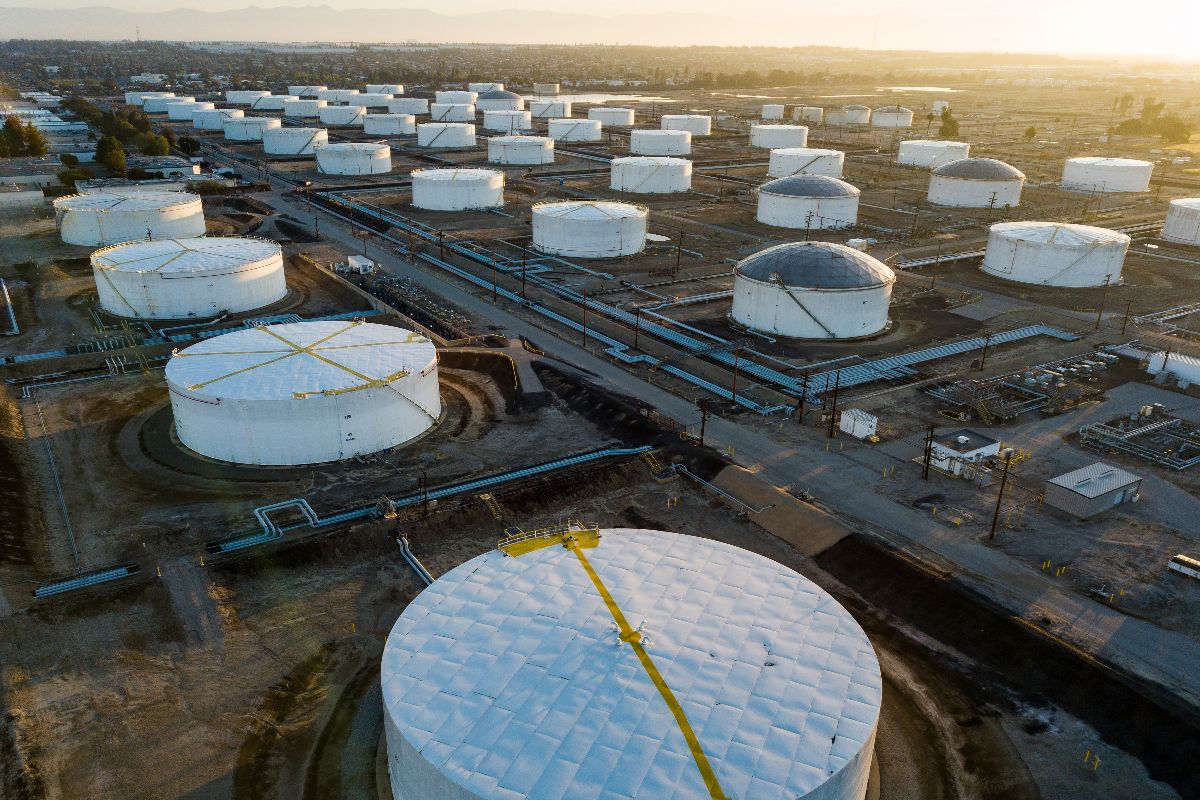Europe must prepare for life after oil

The COVID-19 pandemic is forcing us to leave the fossil fuel era behind. Europe needs to begin preparing for what comes next.
Oil prices have crashed. The most visible cause has been the measures taken to contain the COVID-19 pandemic, which have triggered record lows in global oil demand.
Yet the crisis also exposes structural vulnerabilities in our fossil fuel-dependent economic system, which requires us to rapidly transition to an alternative energy system if we are to avert economic collapse.
The most important scientific concept to assess and understand these vulnerabilities is ‘Energy Return on Investment’ (EROI) – the foundation of the emerging discipline of biophysical economics. EROI is designed to measure how much energy is needed to extract energy from a particular resource. What’s left is known as surplus ‘net energy’, used to support goods and services in the economy outside the energy system. The higher the ratio, the more surplus energy is left for the economy. That surplus is running increasingly thin.
In the early 20th century, the EROI of fossil fuels was sometimes as high as 100:1: a single unit of energy would be enough to extract a hundred times that amount. But since then, the EROI of fossil fuels has gone down dramatically[1], as we are extracting fossil fuels from places that are increasingly difficult to reach. Between 1960 and 1980, the world average value EROI for fossil fuels declined[2] by more than half, from about 35:1 to 15:1. It’s still declining[3]: latest estimates put the value at between 6:1 and 3:1.
The decline of fossil fuels’ EROI has acted as a background ‘brake’ on the rate of economic growth for the world’s advanced industrial economies, which has been slowing down[4] since the 1970s.
…click on the above link to read the rest of the article…